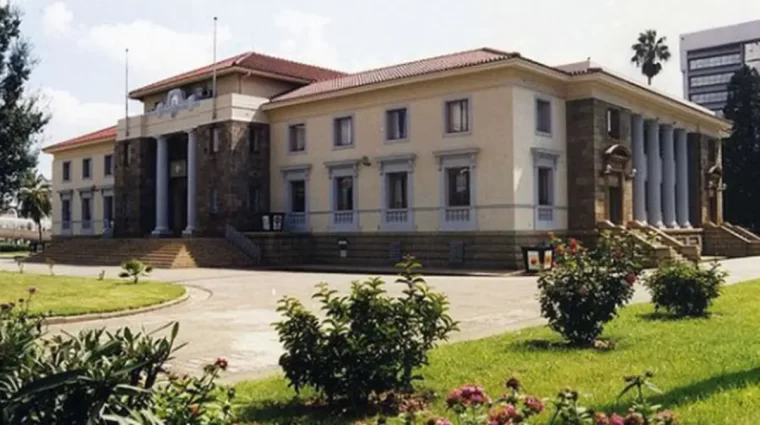 Zimbabwe’s central bank widened its probe into city councils charging for services in US dollars, after freezing the accounts of the capital over the practice.
Zimbabwe’s central bank widened its probe into city councils charging for services in US dollars, after freezing the accounts of the capital over the practice.
The bank’s Financial Intelligence Unit is carrying out the investigation as part of a broader effort by the authorities to prop up the Zimbabwe dollar — Africa’s worst-performing currency this year.
The capital, Harare, had demanded residents pay for services such as house-planning permission in US dollars to enable the municipality to pay for fuel and workers’ salaries.
Municipalities demanding payment in foreign currency is a “wider problem” beyond Harare, FIU Director-General Oliver Chiperesa, said by phone.
“There are two other authorities which we are looking to see if they have adhered to our approaches,” he said, declining to identify them.
The Zimbabwean dollar has lost more than four-fifths of its value this year.
Reintroduced in February 2019, the local unit is being sidelined by businesses and individuals in favour of the US dollar, which is being used to pay for everything from food to fuel, medicines and school fees.
The depreciation has spawned an annual inflation rate of almost 285% — among the highest in the world.
The FIU’s decision to freeze Harare’s bank accounts may impact on the municipality’s ability to deliver services, said city council spokesman Innocent Ruwende.
“The decision is detrimental to service delivery,” he said by phone. “We need foreign currency to pay for fuel, plant equipment and workers’ salaries. It’s an unfortunate decision that’s been taken by the Reserve Bank of Zimbabwe.”
Under Zimbabwean law, the FIU has the authority to freeze bank accounts for 90 days to allow for investigations to take place, Chiperesa said.
A possible way for the council to resolve the situation is for it to stop the demands for foreign-currency payments, he said.- Bloomberg
(55 VIEWS)


